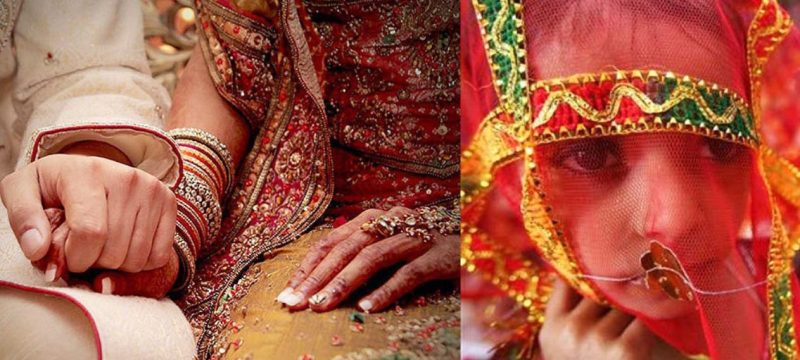In a significant move to safeguard children’s rights, Pakistan’s National Assembly has passed a groundbreaking bill that officially outlaws marriages involving individuals under the age of 18. This legislative step is seen as a crucial effort to protect minors and uphold their basic human rights.
The newly enacted law makes it a criminal offense to register the marriage of anyone below 18. Nikah registrars are now legally barred from recording such marriages, and officiants must verify that both the bride and groom possess valid computerized national identity cards (CNICs) before performing the ceremony.
Read more: TikTok to Ban Beauty Filters for Users Under 18 Amid Mental Health Concerns
Main Provisions and Associated Penalties:
– If either party lacks a CNIC at the time of marriage, penalties will apply not only to the Nikah registrar and officiant but also to the parents or guardians involved.
– Violators could face imprisonment of up to one year, a fine of PKR 100,000, or both.
– An adult man marrying a girl under 18 will face a mandatory prison sentence ranging from two to three years along with a fine.
– Any sexual activity resulting from such a union will be considered statutory rape, regardless of whether the child gives consent.
– Forcing, pressuring, or luring a minor into marriage will be treated as a form of abuse.
The legislation also criminalizes all aspects of enabling or facilitating child marriages:
– Anyone involved in arranging a child marriage will face five to seven years in jail and a fine of PKR 1 million.
– Those who employ, harbor, or assume custody of a child for marriage purposes will be punished with three years in prison and financial penalties.
– Parents or guardians encouraging or helping organize underage marriages may receive up to three years of rigorous imprisonment and fines.
– Transporting a minor for marriage purposes has been equated to child trafficking, with offenders facing five to seven years in jail and additional fines.
Legal Oversight and Enforcement:
The law empowers courts to issue restraining orders to prevent child marriages and requires that such cases be concluded within 90 days to ensure swift justice.
The legislation is now in effect within Pakistan’s federal capital, with expectations that provinces will adopt similar measures in the near future.
This development has been widely praised by child rights advocates and legal professionals, who see it as a transformative step toward eradicating child marriage and securing a better future for Pakistan’s youth.





